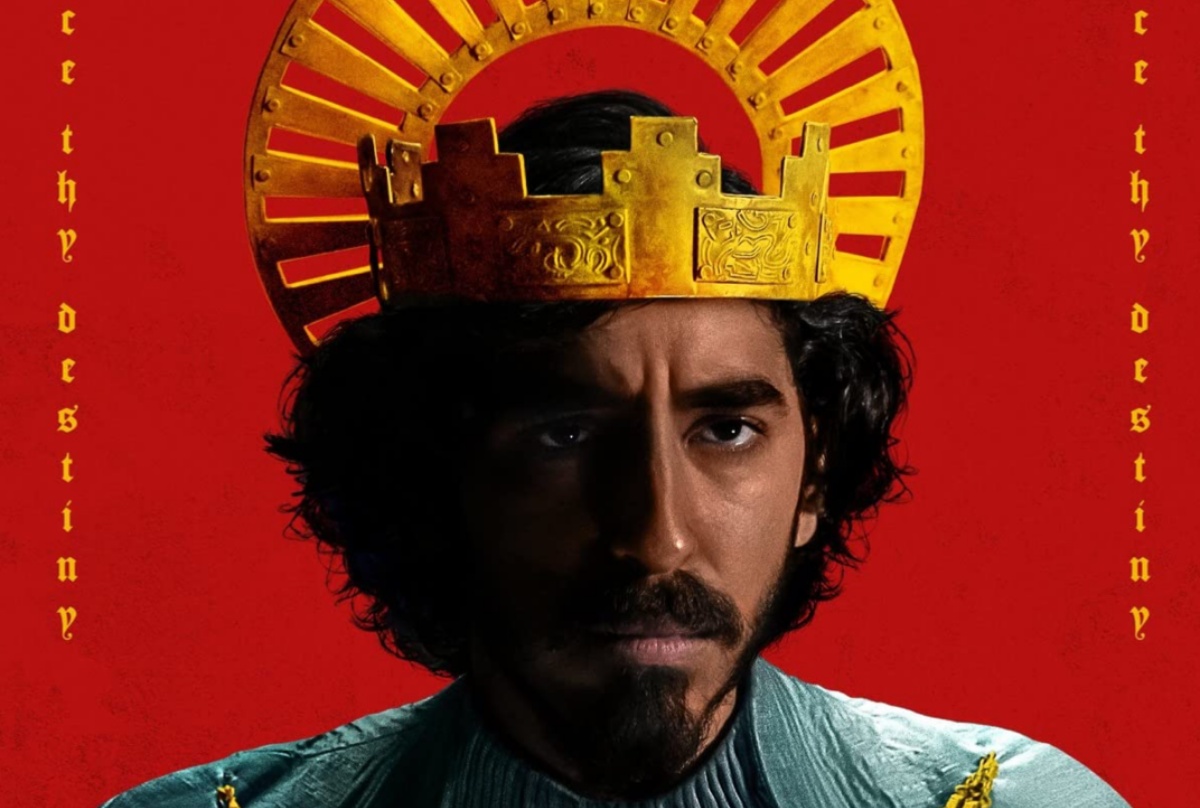Is “The Chosen One” Really Played Out?


The Chosen One narrative is a tale as old as time. Some young, hot, talented person, through some magic of birth, pulls the sword from the stone, has a pre-destined path, or due to the genetic and political machinations of the Bene Gesserit, becomes the Kwisatz Haderach.
Within pop culture—especially recently, but always—there has been a discussion about who gets chosen. In Western media, unless it’s in the YA genre, it is overwhelmingly white men—followed very closely by white women, often cis, often heterosexual. This is why it can be so tiresome to see it keep happening.
Even within a diverse ensemble, if you have a white male character in the mix, they are still likely to be the one who is chosen. It is the “safe” choice, and that’s why the trope feels eternally stale and dry.
But it is still underutilized when it comes to BIPOC characters, especially ones with LGBTQ intersections. This is why, despite all the cliché, I loved the Aquaman film. Having the biracial Jason Momoa be a lead, as a Hawaiian man, was powerful, and making him the chosen king of Atlantis was a badass moment that spoke to many people who have never seen their existence shown in such a light.
Adora from the She-Ra reboot being a lesbian and having her magical moment be kissing her lesbian childhood-friends-to-enemies-to-lovers chaotic catgirl was a moment of deep representation for many—especially those of us who love messy queer relationships.
Yet, there is still a deep longing for more.
When Dune: Part One came out, one of the important conversations going on was about how the narrative would treat Paul Atreides now. In the books, he is a deconstruction, but that doesn’t appear instantly in the first novel. Director Denis Villeneuve showed that subtly in the new film adaptation by having the opening narrated by Chini, asking the question of who the next oppressor of Arakis would be—and cut to Paul.
Still, there is a hunger to see more BIPOC folks in the driver’s seat of this trope because we deserve to run it into the ground, too—not to mention, after years of having been on the sidelines, maybe we could do it better? Bring a little bit of nuance to this trope.
As silly as it sounds, it means something to see someone who looks like you be chosen—to be worthy of greatness. So many of us are born feeling trapped in the place where we were born, and it means something to know that even someone that society deems insignificant can have greatness that just needs to be tapped into. That is powerful.
Plus, once we have enough diversity with heroes we can have more of the more important things—like great BIPOC villains!
(image: A24)
Want more stories like this? Become a subscriber and support the site!
—The Mary Sue has a strict comment policy that forbids, but is not limited to, personal insults toward anyone, hate speech, and trolling.—
Have a tip we should know? [email protected]
